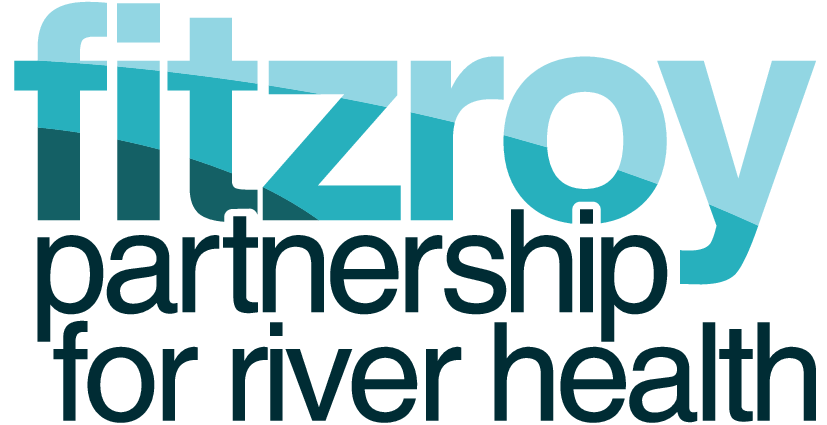BHP: A vision for a water secure world
BHP’s vision is for a water secure world by 2030. This would be a world where water resources are conserved and resilient so they can continue to support healthy ecosystems, maintain cultural and spiritual values and sustain economic growth; where the human right to safe and accessible water and the traditional rights of Indigenous peoples are realised and upheld; and where water governance is effective and beneficial, ensuring communities and ecosystems thrive for future generations.
BHP’s Water Stewardship Strategy was adopted in FY2017 to improve management of water, increase transparency and contribute to the resolution of shared water challenges. The strategy pillars are centred on:
- Value – Effectively value water in investment and operational decisions through integration into strategy, planning and evaluation frameworks.
- Risk – Embed processes and systems to effectively manage water-related risks and realise opportunities at a catchment level in the short and long-term.
- Disclosure – Transparently disclose water-related risks, management and performance at an operated asset level.
- Technology – Leverage technology solutions that drive a stepchange reduction in water-related risks, realise opportunities and deliver multiple benefits.
- Collective Action – Collaborate with stakeholders to improve regional water policy and catchment governance and address shared water challenges within the communities and across the value chain.
BHP has achieved many things since adopting its Water Stewardship Strategy in FY2017, including:
- Participated in the water working group of the International Council on Mining & Metals (ICMM) to support the further development of water stewardship initiatives in the mining industry.
- Continued participation in the Fitzroy Partnership for River Health and the Mackay-Whitsunday-Isaac Healthy Rivers to Reef Partnership.
- Initiated a partnership drawing on the unique cultural knowledge and expertise of Traditional Owners and Indigenous communities to rebuild eroding land and restore vital coastal wetlands.
- Commissioned various studies and investigations to better understand local catchments.
- Entered into data sharing agreements with other organisations, including some competitors, to improve the collective understanding of groundwater.
Provided funding, along with other organisations, for initiatives focused on the role that groundwater modelling plays in supporting environmental management and decision-making. - Produced BHP’s inaugural Water Report in FY2018 to highlight the company’s efforts to improve stewardship of water resources and reflect water’s importance to society and to BHP. For more information, refer to the BHP website.
In FY2019, BHP developed a Water Stewardship Position Statement that expresses the company’s commitment to and advocacy for water stewardship. The Position Statement was developed following broad internal and external engagement and is aligned to the UN Sustainable Development Goals and other initiatives such as the CEO Water Mandate and the ICMM Water Position Statement.
The Water Stewardship Position Statement commits BHP to set public, context-based targets that seek to improve water management and support shared approaches to address water challenges within the regions BHP operates. These targets are intended to more closely align performance to key regional challenges and priorities. In Queensland, BHP recently commissioned Alluvium Consulting and the University of Queensland’s Sustainable Minerals Institute to prepare a Water Resources Situational Analysis (WRSA), which will identify the shared water challenges and collective action opportunities across the catchment, based on publicly available information and stakeholder input. The results of the WRSA will be made publicly available for all to use and reference in planning and prioritising actions, and will help BHP set context-based targets for company operations as well as contribute to addressing those shared water
challenges through collective action.
“There is so much work taking place in Queensland to understand and improve water quality and at BHP we know we need to play our part in a collective approach to enhanced outcomes. Through our Water Resources Situational Analysis, we hope to improve our knowledge of the shared water challenges for Central Queensland and identify the priorities that we can work on addressing together.”



